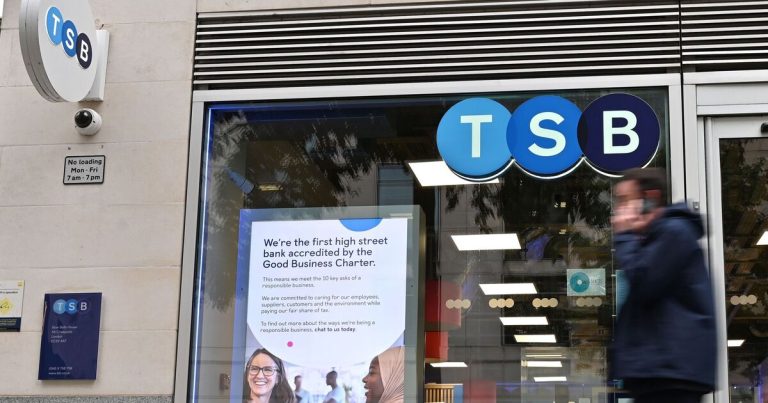
More than three million workers in shops, restaurants and workplaces across the UK are set to receive a pay increase today due to a hike in the National Minimum Wage. This was one of several policies announced by Chancellor Rachel Reeves during her Autumn Budget last year and confirmed during her Spring Statement.
From April 1, the National Minimum Wage will increase by £1.40 to £10 per hour. This will see full-time workers who qualify for this wage receive an estimated annual income boost of up to £2,500. Meanwhile, people aged 21 and over on the National Living Wage will get a payday boost worth around £1,400 a year after their hourly pay increases to £12.21. That works out around £25 a week or £100 a month for an eligible full-time worker.
Ms Reeves said: “This Government promised a genuine living wage for working people that will support people with the cost of living, creating a workforce that is fit and ready to help us deliver the number one mission to grow the economy. This pay boost for millions of workers is a significant step towards delivering on that promise.”
The hourly pay increase applies to full-time and part-time workers and those occupying a temporary role. The amount a person receives depends on their age and if they’re an apprentice.
The National Living Wage applies to most workers, whereas the National Minimum Wage is the minimum amount an employer must pay per hour for all workers below 21.
People don’t need to do anything to receive it – their employers should update the rates. However, it’s advised that workers check their payslips to ensure they receive the increase if it applies to them.
What are the new rates?
From April 1, 2025, the new hourly rates will be:
- National Living Wage (21 and over) – £12.21 (up from £11.44)
- National Minimum Wage (18-20 year olds) – £10.00 (up from £8.60)
- 16-17 Year Old Rate- £7.55 (up from £6.40)
- Apprentice Rate – £7.55 (up from £6.40)
- Accommodation Offset – £10.66.
Baroness Philippa Stroud, Chair of the Low Pay Commission, which recommended the increases, said: “These rates secure a real-terms pay increase for the lowest-paid workers. Young workers will also see substantial increases in their pay floor, making up some of the ground lost against the adult rate over time.”
She added: “We recognise these increases come at a time when employers are facing increasing pressure, and it is vital we monitor and assess how businesses are responding.”
The Low Pay Commission will continue to build a case for future recommendations to the Government and plans to launch a call for evidence in the coming weeks.
Paul Nowak, Trade Union Congress (TUC) General Secretary, said: “The increase in the National Minimum Wage will make a real difference to the lowest paid at a time when one in six are skipping meals to get by. And moving to end the outdated and unfair youth rates will give young workers a boost up and down the country.
“More money in working people’s pockets means more spending on our high streets – that’s good for workers and good for local economies. After workers in the UK have been through the biggest squeeze in living standards in 200 years, this boost to working people’s pay packets is badly needed.”






